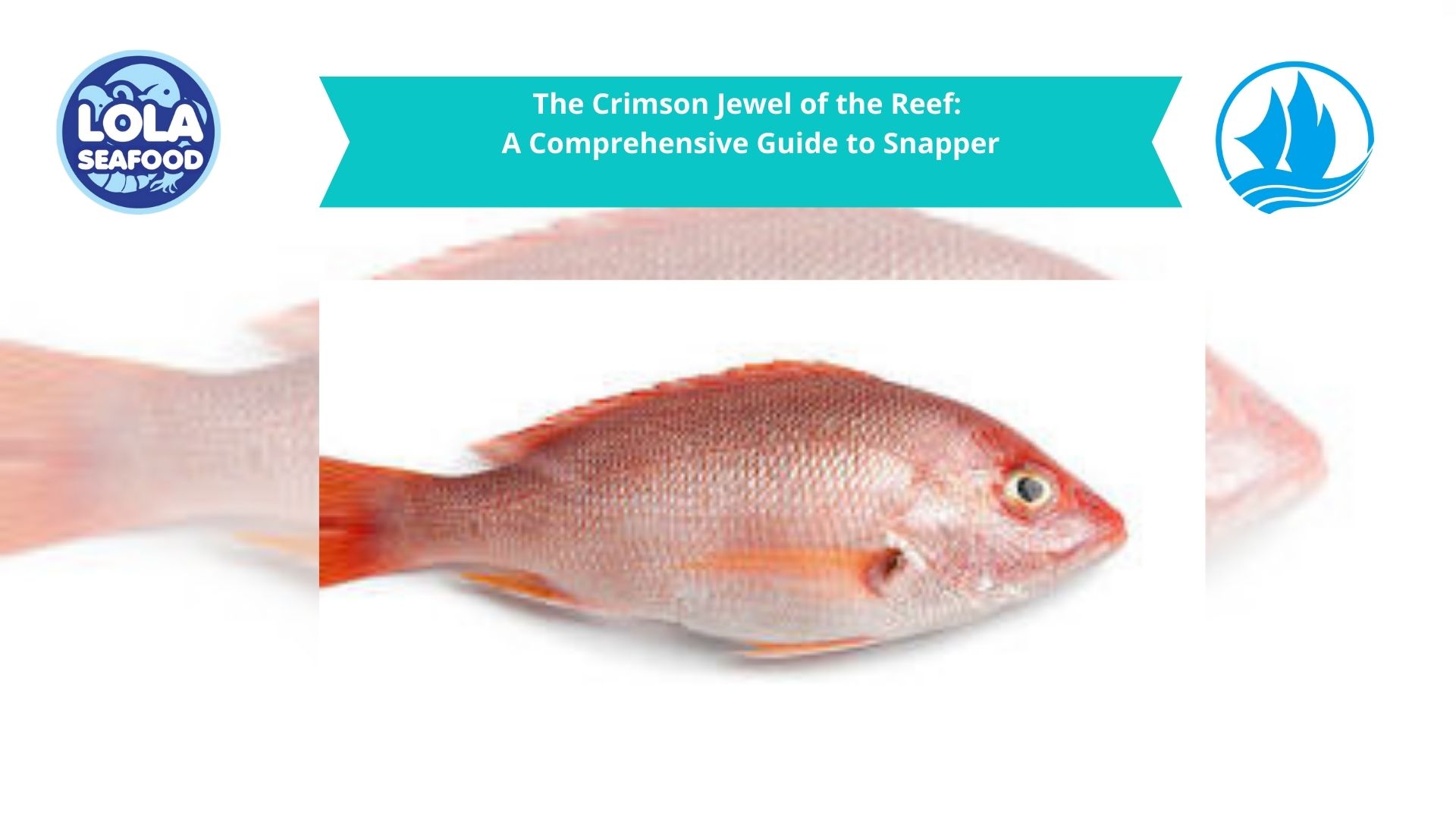5 Easy Steps To Make Salted Squid
By. Nevanda - 05 Jun 2023
lauttimur.com - Salting is a traditional method of preserving seafood that has been used for centuries. It helps to draw out moisture from the seafood, inhibiting the growth of bacteria and prolonging its shelf life.
Salted squid is a delightful seafood dish where fresh squid is generously coated in salt to enhance its flavor and texture. The salt draws out moisture from the squid, resulting in a firmer texture and a subtly seasoned taste. The squid is then cooked to perfection, whether grilled, fried, or incorporated into various dishes, showcasing its tender flesh and deliciously seasoned profile. With its savory and slightly briny notes, salted squid is a culinary delight that captures the essence of the sea.
Read also: This is What Causing The Deep-Sea Gigantism Phenomenon
To salt squid, you can follow these steps:
1. Clean the squid
Start by cleaning the squid thoroughly. Remove the head, tentacles, and ink sac if present. Peel off the thin outer skin and discard it. Rinse the squid under cold water to remove any remaining debris.
2. Cut into desired pieces
Cut the cleaned squid into the desired size and shape. You can slice it into rings, create strips, or leave it whole, depending on your preference.
3. Salt the squid
Sprinkle a generous amount of salt over the squid pieces, ensuring they are evenly coated. Use kosher salt or sea salt, as they tend to work well for salting seafood.
Read also: Here Are 5 Types Of Common Edible Squid
4. Let it sit
Place the salted squid in a bowl or a colander and let it sit at room temperature for about 15 to 30 minutes. This allows the salt to draw out excess moisture from the squid and helps to enhance its texture and flavor.
5. Rinse and pat dry
After the salting period, rinse the squid thoroughly under cold running water to remove the excess salt. Gently squeeze or pat the squid dry with paper towels to remove any excess moisture.
At this point, you can proceed to cook the squid according to your desired recipe. You can grill it, fry it, stir-fry it, or use it in various dishes like salads or stews. The salted squid will have a slightly firmer texture and a seasoned flavor that enhances its taste.
Remember to adjust the salt content in your final dish, as the salted squid may already contribute some seasoning. Enjoy your homemade salted squid as a flavorful addition to your seafood creations!
Read also: 4 Health Benefits You Can Get From Milkfish








